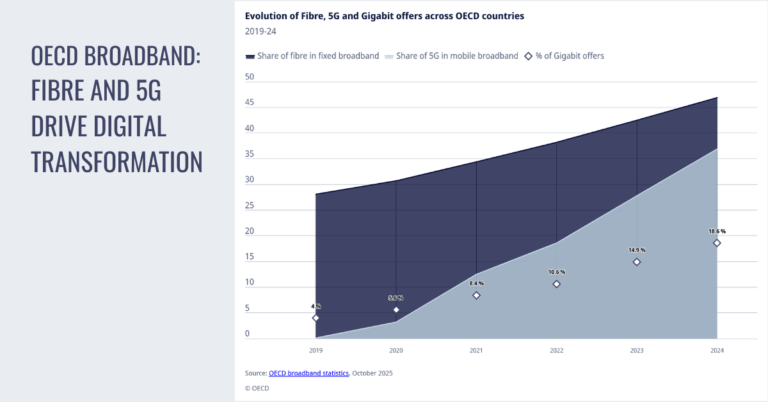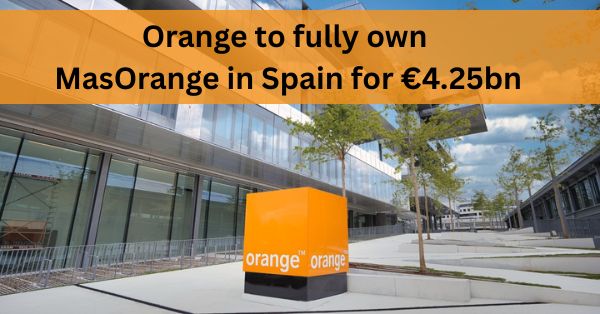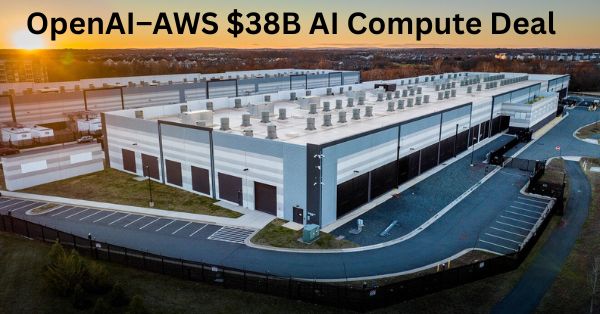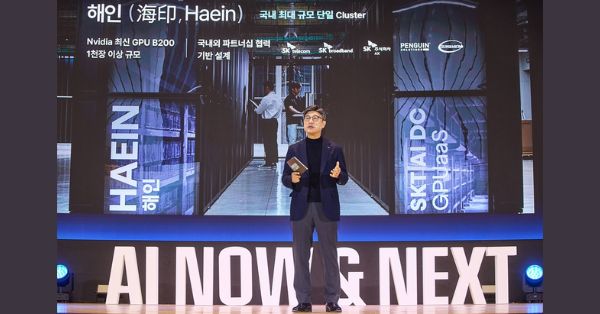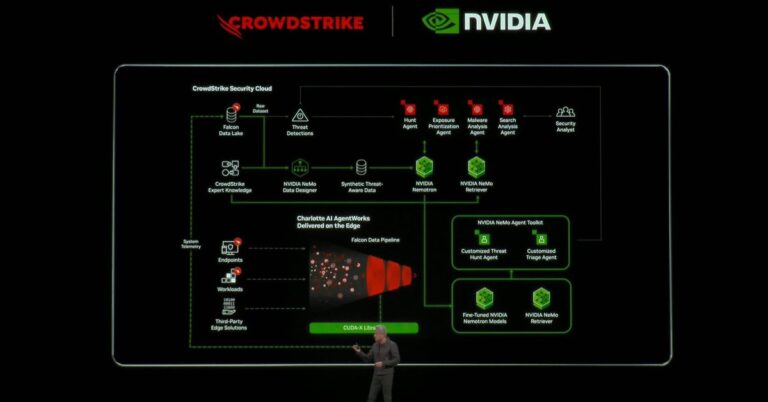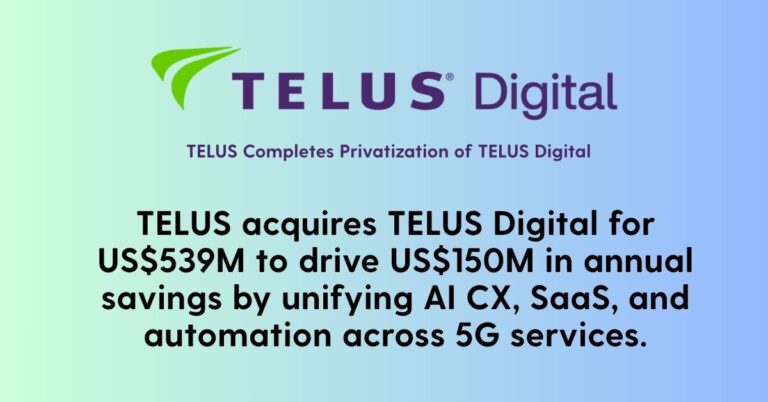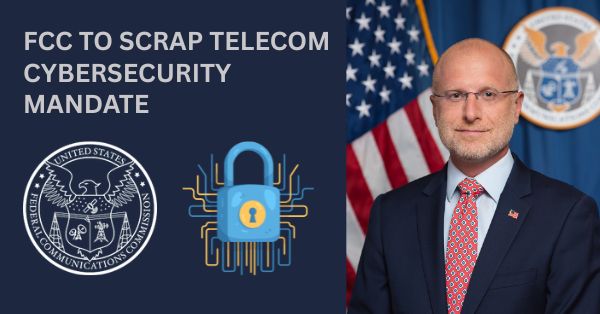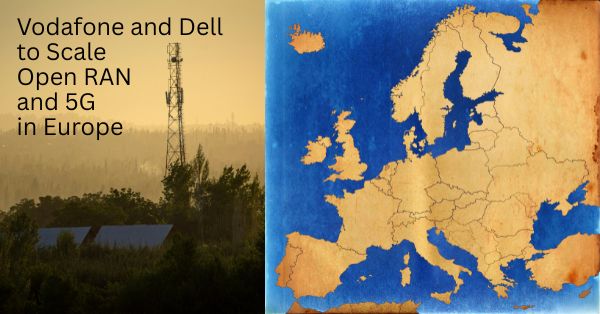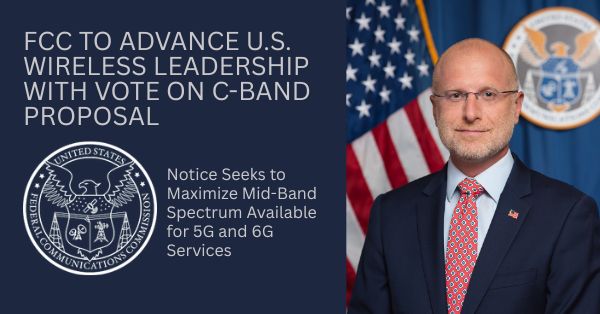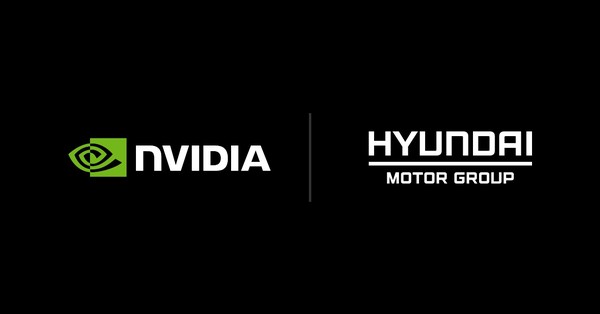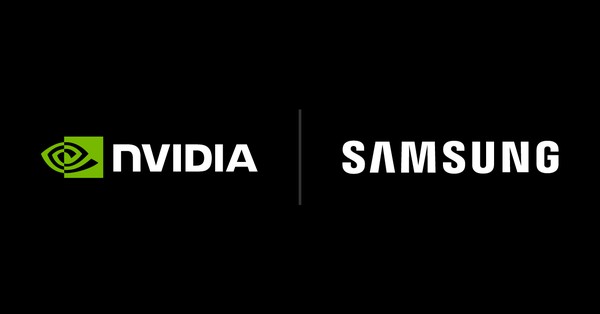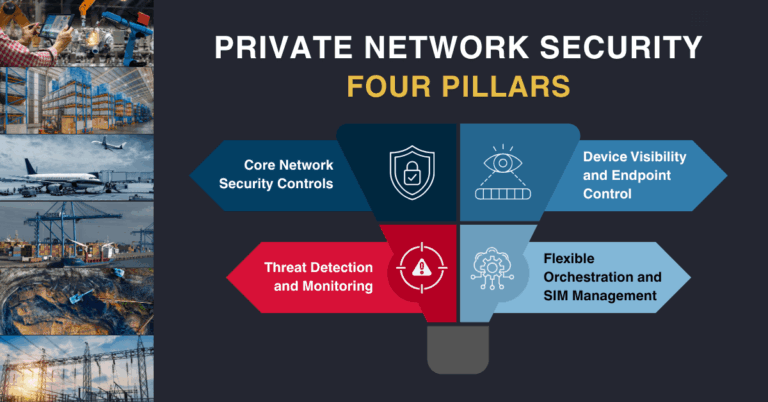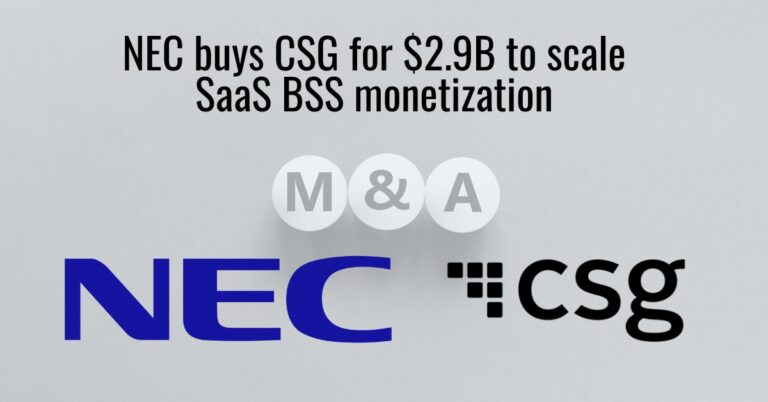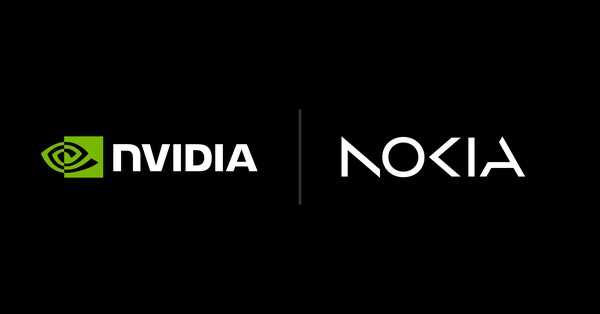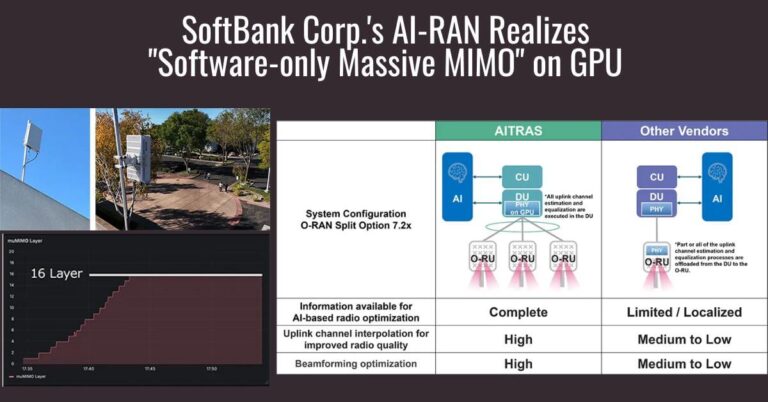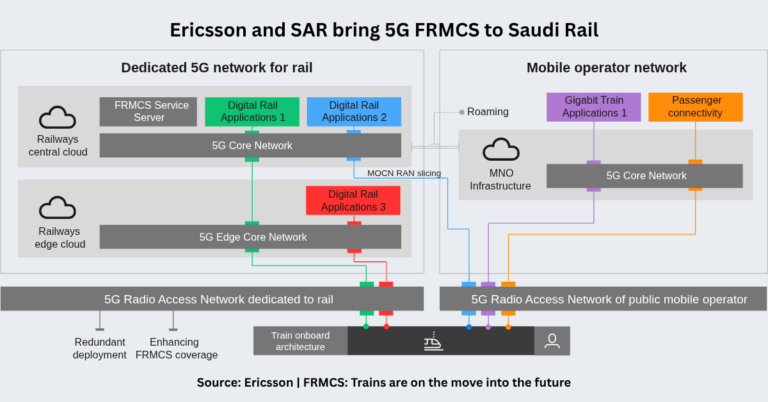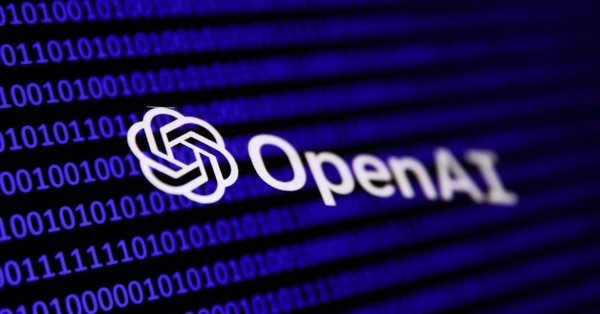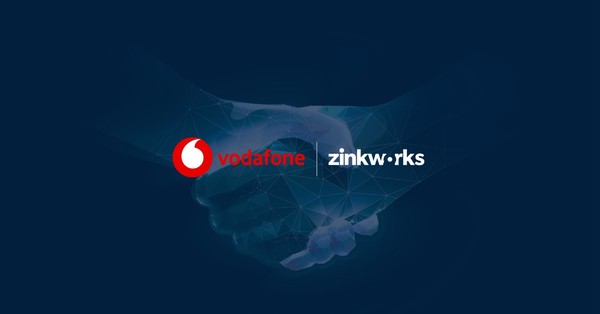Introduction to 5G Services Launched Globally
5G services, commercially launched in April 2019, have marked a significant milestone in the evolution of digital connectivity. Within the first year, various global digital service providers have introduced an array of 5G services. These services not only demonstrate the vast potential of 5G technology but also reveal diverse monetization strategies. Additionally, these services often leverage additional technologies alongside 5G to enhance delivery and functionality.
Sample 5G Services Launched by Global Service Providers
Integrated Healthcare 5G Service by AT&T and Rush University System for Health: This pioneering initiative harnesses the power of 5G and Multi-Access Edge Computing (MEC) to revolutionize healthcare. It focuses on enhancing patient care through technology-driven therapies, employing service robots equipped with artificial intelligence for various hospital tasks. The fast transmission capabilities of 5G enable quick sharing of large medical image files, facilitating better and timely medical decisions. Additionally, this collaboration aims to improve hospital energy efficiency, optimizing operations and reducing costs.
eHealth 5G Service with AT&T and VITAS Healthcare: This service addresses the unique needs of hospice care by using 5G-enabled virtual reality (VR) systems. It offers immersive experiences that help alleviate chronic pain and anxiety among patients, transporting them virtually to serene environments or historical sites for therapeutic purposes. This innovative approach introduces a new dimension to palliative care, making it more effective and humane.
Public Safety 5G Service – FirstNet with AT&T and Nellis Air Force Base: AT&T’s collaboration with Nellis Air Force Base under the FirstNet initiative provides comprehensive 5G infrastructure support. This service enhances various aspects of base operations, including advanced flight line activities, virtual reality-based training for personnel, and near real-time inventory and logistics management. It ensures that over 40,000 Air Force personnel, their families, and retirees receive efficient and secure communication services.
eRetail 5G Service by AT&T and Badger Technologies™: This collaboration is set to transform the retail sector by deploying autonomous robots for efficient inventory management and hazard detection. Leveraging 5G and MEC, these robots streamline store operations, improve customer experiences, and ensure safety by promptly identifying and addressing store hazards and stock inconsistencies.
Smart Factory 5G Service by SKT and SK Hynix: Aimed at enhancing semiconductor manufacturing, this service uses 5G and MEC to detect defects in semiconductor products swiftly. It contributes to more efficient management of production processes and logistics, significantly reducing the time and resources spent in quality control.
Remote Game Learning 5G Service by NTT DoCoMo and PGA: This unique service offers remote golf lessons, where AI technology analyzes 5G-captured footage of players’ swings. It provides golf enthusiasts with personalized feedback and improvement tips, making learning more accessible and efficient.
Digital Learning 5G Service by AT&T and Deloitte University: This service leverages 5G, Edge Compute, and immersive mixed reality to elevate corporate learning programs. It offers a more engaging and interactive educational experience, enhancing the effectiveness of corporate training and overall guest experiences at Deloitte University.
Event Experience by Verizon: Verizon is enhancing the stadium experience by introducing 5G, which allows fans to enjoy high-capacity networks with faster download speeds and reduced latency. This service significantly improves the overall event experience, enabling fans to engage with various digital offerings seamlessly while enjoying live events.
Road Learner by SKT and Seoul Metropolitan City Government: In collaboration with the Seoul Metropolitan City Government, SKT is developing a 5G-based autonomous driving infrastructure. The service focuses on maintaining up-to-date high-definition maps essential for the operation of autonomous vehicles, ensuring safer and more efficient urban transportation.
Autonomous Vehicle Safety 5G Service by SKT: SKT’s ‘Next Generation Single Photon LiDAR’ technology, integral to this service, is set to enhance the safety of autonomous vehicles. The advanced LiDAR system, with its long-range detection capabilities and accuracy even in adverse weather, ensures safer navigation for autonomous vehicles.
Vehicle Infotainment (IVI) 5G Service by SKT: This comprehensive infotainment system integrates navigation, AI, music streaming, and OTT services, providing a seamless and enriched in-vehicle entertainment experience. It caters to the evolving needs of modern drivers and passengers, offering a diverse range of entertainment options.
eSports Services by SKT: SKT has introduced several eSports services, including augmented reality experiences, VR-based live broadcasting, and VR replays. These services offer fans immersive ways to experience eSports, bringing them closer to the action and enhancing their viewing experience.
ePark 5G Service by SKT: This innovative AR service, launched in parks like Olympic Park and Yeouido Park in Seoul, uses augmented reality to create interactive experiences for park visitors. By utilizing their smartphones, users can see and interact with virtual animals and mythical creatures, such as giant cats and wyverns, superimposed onto the real-world park environment. This service not only provides a unique recreational activity but also demonstrates the potential of 5G in enhancing public spaces with digital experiences.
eGaming 5G Service by Sprint: To capitalize on the high-speed capabilities of 5G, Sprint introduced a special offer where users could enjoy a 90-day free trial to instantly play more than 100 mobile games. This service, available on 5G phones, exemplifies the potential of 5G in transforming the gaming industry by eliminating the need for lengthy downloads and enabling smoother, more responsive gameplay.
Responsive Gaming 5G Service by Verizon: Verizon’s service targets the gaming sector by offering console-quality multiplayer gaming that can be enjoyed on the go. This service takes advantage of 5G’s low latency and high-speed capabilities, providing a seamless and immersive gaming experience that rivals traditional console gaming.
Multi-view ESports 5G Service by Korea Telecom (KT): KT’s service provides a 360-degree media experience, enhancing the viewing of e-sports and high-quality music content. This service is designed to maximize user engagement by utilizing the ultra-fast, low-latency network of 5G, offering a more immersive and interactive way to enjoy eSports and music.
AR Video Call by South Korea Telecom (SKT): SKT’s ‘Callar for Sero TV’ service integrates their AR video call technology with Samsung’s Sero TV. This innovative service offers enhanced AR video calling experiences by applying facial recognition, real-time background and portrait segmentation techniques, and ultra-high-definition technology. It allows users to enjoy a more interactive and engaging video call experience by linking their smartphones to Sero TV.
Watch and Play by SKT: This service is a real-time interactive game platform that combines gaming with broadcasting. It enables users to choose between watching a game and jumping into playing it. This platform offers a unique and exciting experience, allowing users to engage more actively with the games they are interested in.
These diverse 5G services, launched by global digital service providers, highlight the extensive range of applications that 5G technology can offer across various sectors. From healthcare and public safety to retail, gaming, and entertainment, 5G is paving the way for innovative solutions that enhance efficiency, user experience, and overall quality of life.
Monetization Strategies for 5G Services
-
5G Access Plans: Providers like AT&T and Verizon have introduced plans that include an additional charge (e.g., $10/month) for 5G network access.
-
Quality of Service (QoS) Based Charging: An example is Vodafone UK’s “unlimited max” plan, which offers differentiated pricing based on service quality.
-
5G Value-Added Service Plans: These plans include enhanced services like TV and sports in 4K, ultra-high definition, and augmented reality and virtual reality-based e-sports.
Conclusion and Future Prospects
As 5G network coverage expands globally, the adoption of these innovative 5G-based services is expected to grow. Service providers are continuously exploring new avenues for value addition, either independently or in conjunction with ecosystem partners. This first year of 5G deployment has set a strong foundation for future advancements in digital connectivity, opening doors to unprecedented service offerings and customer experiences.




